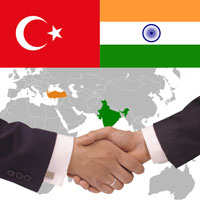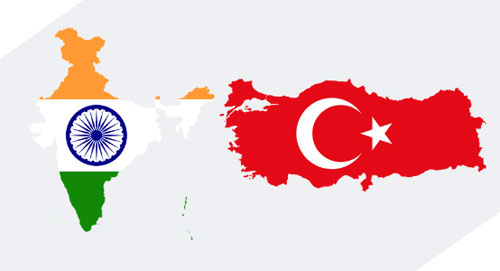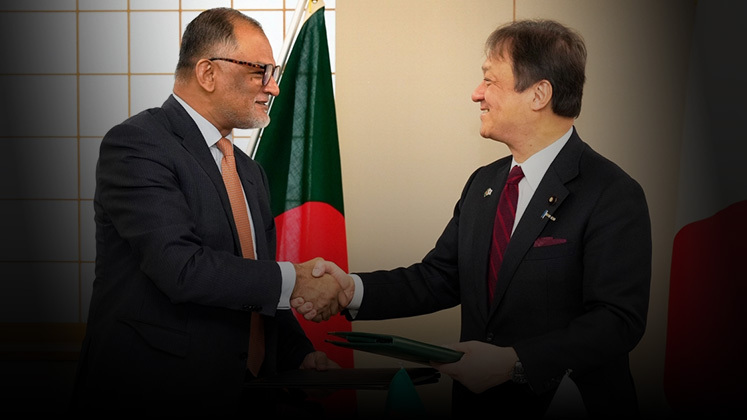"The United States Trade Representative (USTR) recently announced, India and Turkey will soon lose their Developing Beneficiary Country (BDC) status under the General System of Preferences (GSP) of the WTO. GSP entails duty free access to less developed or developing countries to aid development. It allows the less developed countries to procure cheap raw materials for procuring high end finished goods while the latter are granted access to competitive markets at lowest barriers."
 The United States Trade Representative (USTR) recently announced, India and Turkey will soon lose their Developing Beneficiary Country (BDC) status under the General System of Preferences (GSP) of the WTO. GSP entails duty free access to less developed or developing countries to aid development. It allows the less developed countries to procure cheap raw materials for procuring high end finished goods while the latter are granted access to competitive markets at lowest barriers.
The United States Trade Representative (USTR) recently announced, India and Turkey will soon lose their Developing Beneficiary Country (BDC) status under the General System of Preferences (GSP) of the WTO. GSP entails duty free access to less developed or developing countries to aid development. It allows the less developed countries to procure cheap raw materials for procuring high end finished goods while the latter are granted access to competitive markets at lowest barriers.
GSP denial to increase import duty
If India is denied GSP benefits, import duty on Indian products exported under this scheme will increase. Indian products would be levied the Most Favored Nation (MFN) or effective applied tariff rates, which are higher than those for BDC. This would affect their price competitiveness in the US markets.
Majority products exported under the GSP belong to the micro, small and medium enterprises which are a major source of  employment for the lower middle-income class of the society. Recent trade tensions between the two nations will have a spillover effect on this section- especially the semi and unskilled workforce. Unemployment figures for 2018 show a remarkable rise from previous levels. At a situation like this, unfavorable effects via the GSP might lead to unprecedented impacts on the economy.
employment for the lower middle-income class of the society. Recent trade tensions between the two nations will have a spillover effect on this section- especially the semi and unskilled workforce. Unemployment figures for 2018 show a remarkable rise from previous levels. At a situation like this, unfavorable effects via the GSP might lead to unprecedented impacts on the economy.
India’s competitors in the US markets, Bangladesh, Indonesia, Brazil, Egypt, Cambodia and South Africa will continue to get duty free market access, while India will be subject to standard tariff rates. Unless Indian commodities have a genuine comparative advantage, they will lose their competitiveness.
Resolving issue through a dialogue
New Delhi can appeal to the WTO against this US action. Its policy should focus on taking a pragmatic stance and resolve the issue by engaging in dialogue with the US. The Indian government must also provide incentives to exporters such as GST relief or exemption for small and medium enterprises in order to retain their competitiveness in the global market. Alternative markets such as the EU and UAE can also be explored. New Delhi must initiate talks with these countries and set up Export Promotion Councils with additional emphasis on the intermediate goods sector. State governments should ensure that the SME sectors are provided with adequate infrastructure- both physical and financial.
To tackle uncertainty surrounding international politics and economics, especially the Trump Administration, India must create a strong domestic economy with world class infrastructure and investment. Unless this is achieved, small disturbances like these will continue to impact the global economy.












